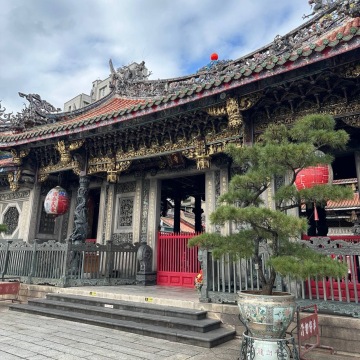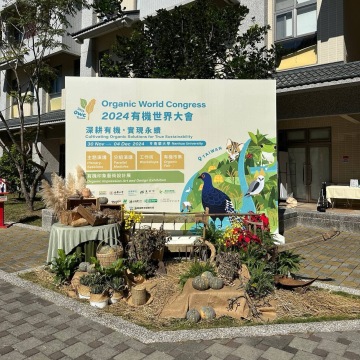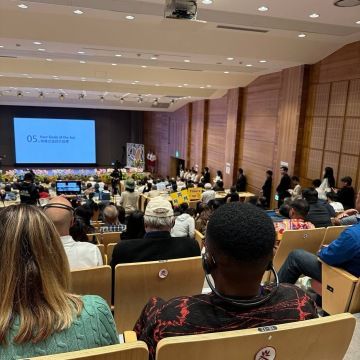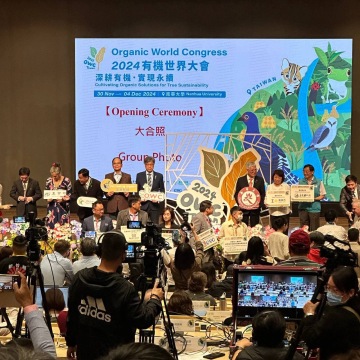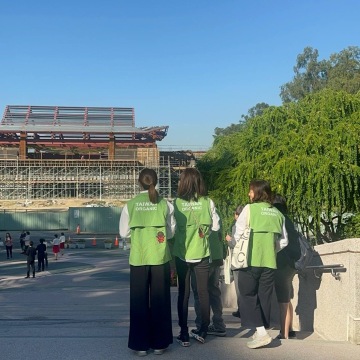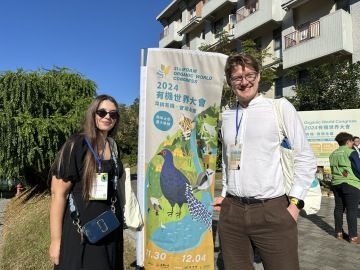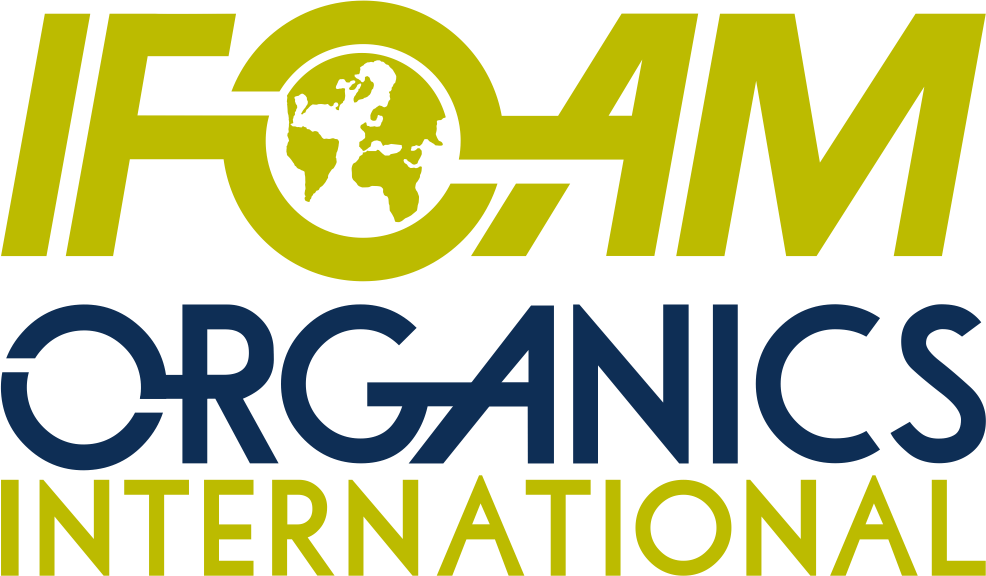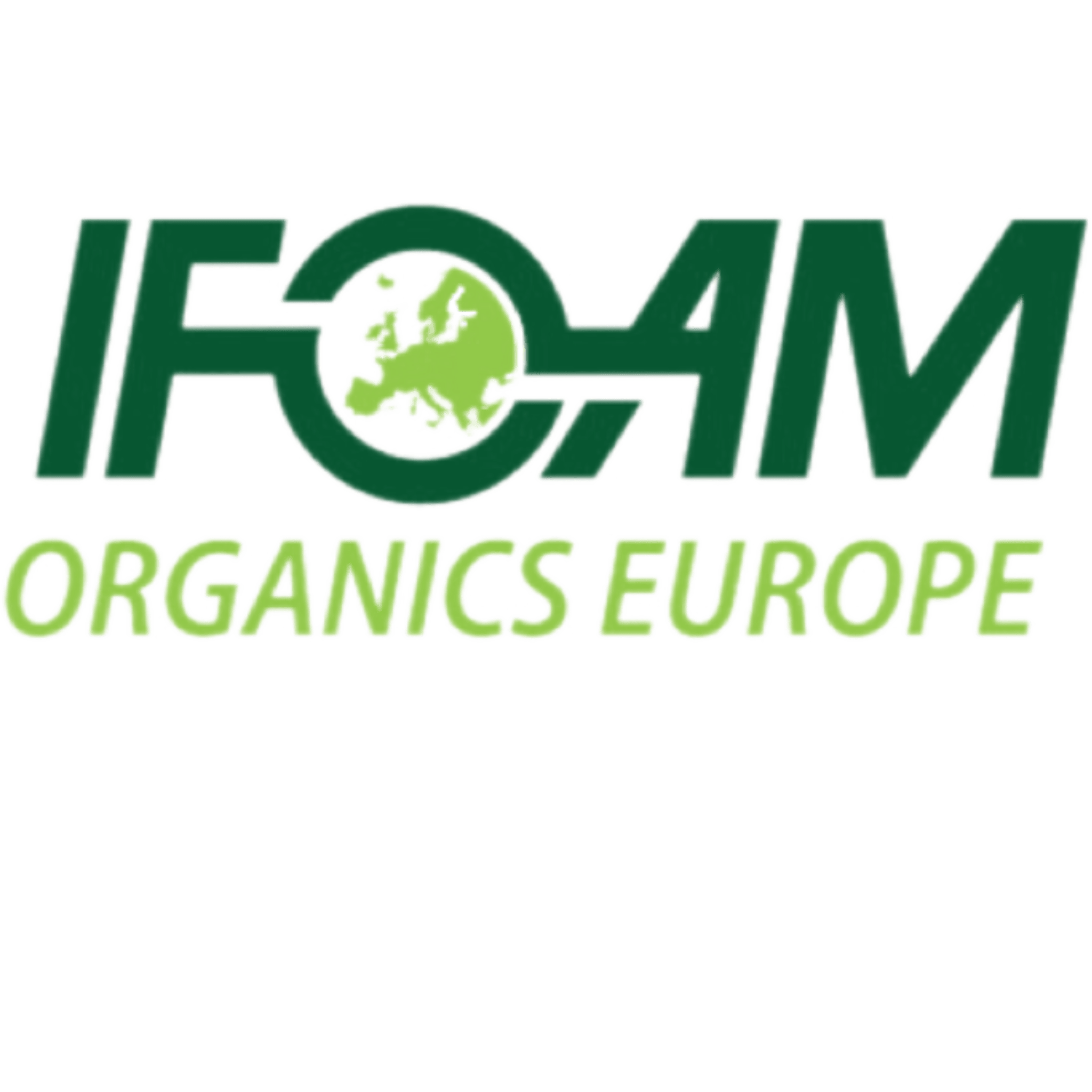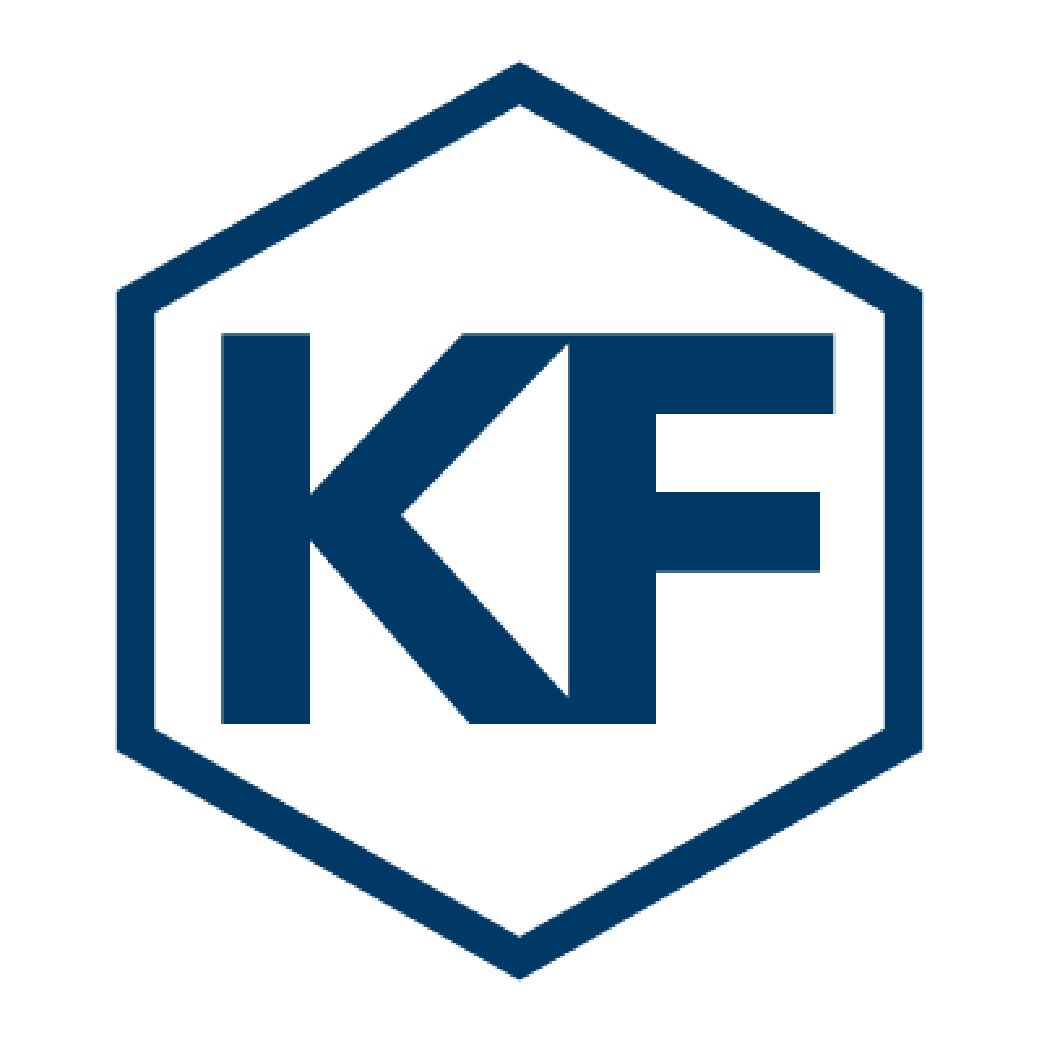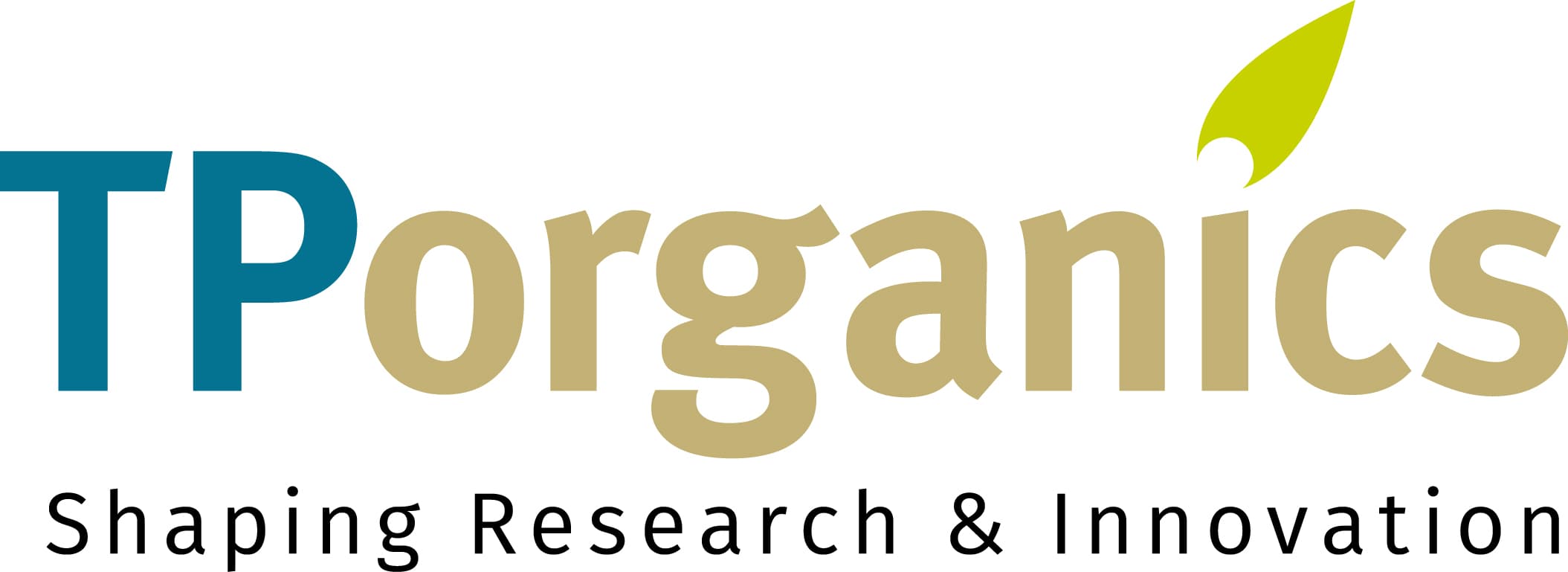Cultivating Change: Highlights from the Organic World Congress 2024 in Taiwan

A Global Spotlight on Organic Agriculture: Highlights from the Organic World Congress 2024 in Taiwan
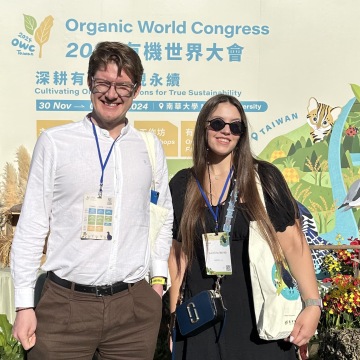
The Organic World Congress 2024, held at Nanhua University in Chiayi County, Taiwan, was a dazzling showcase of innovation, collaboration, and hope for the future of sustainable agriculture. From November 30 to December 4, the world’s leading experts, farmers, policymakers, and enthusiasts in organic farming gathered to exchange knowledge, address pressing global challenges, and explore innovative solutions.
This year’s theme, “Cultivating Change for a Sustainable Future,” resonated through every discussion, workshop, and cultural exchange, making OWC 2024 a pivotal moment for the organic movement.
Creating Authentic Connections Through Knowledge: A Key to the Future of Organic Agriculture
In an era of rapid technological advancements and complex global challenges, the need for sustainable agricultural practices has never been more urgent. One sector that is standing at the forefront of this movement is organic agriculture — a model that not only seeks to produce food without synthetic chemicals but also promotes social, environmental, and economic sustainability. The power of organic agriculture, however, goes beyond just farming practices. It lies in the authentic connections forged between the people behind it, driven by a shared commitment to change the world for the better.
The Organic World Congress 2024: A Platform for Real Connections
In late 2024, the organic agriculture community gathered in Taiwan for the highly anticipated Organic World Congress (OWC), hosted by IFOAM - Organics International. With over 2,500 participants from more than 100 countries, this event was an opportunity to explore, learn, and discuss the future of organic agriculture. What made this year’s gathering truly unique, however, was the emphasis on creating authentic connections through knowledge exchange—a theme that resonated deeply with everyone involved.
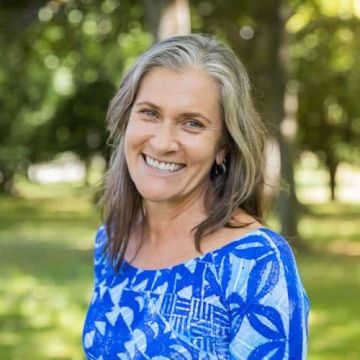
IFOAM’s President, Karen Mapusua
According to IFOAM’s President, Karen Mapusua, the global organic movement must focus not just on standards and certifications, but on the people who contribute to it. “The strength of the organic sector lies in its diversity — across regions, cultures, and disciplines,” she said in her opening remarks. “To make a lasting impact, we must create opportunities for dialogue, foster trust, and ensure that everyone, from farmers to consumers, has access to the knowledge they need to make informed decisions.”
The OWC 2024 was more than just a conference; it was an immersive experience that aimed to break down barriers and foster connections that transcend borders. Attendees participated in various pre-conference events, including workshops on regenerative agriculture, policy advocacy, and market development. These sessions were designed to equip everyone—from policy-makers to grassroots farmers—with the tools and knowledge to promote organic practices in their own communities.
Knowledge Exchange: A Bridge Between Farmers and Consumers
One of the key takeaways from the OWC 2024 was the recognition that knowledge sharing is crucial in building strong, sustainable food systems. Whether it was through formal presentations, informal discussions, or hands-on demonstrations, the event underscored the importance of creating platforms for people to exchange ideas and collaborate.
A central component of this exchange was the emphasis on regenerative agriculture, which has gained significant momentum in recent years. While organic agriculture focuses on avoiding synthetic chemicals and maintaining soil health, regenerative agriculture goes a step further by aiming to restore ecosystems, sequester carbon, and increase biodiversity.
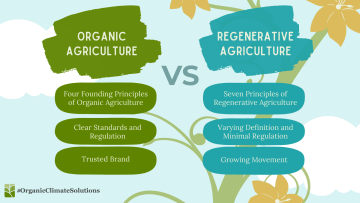
In Taiwan, the OWC showcased how organic practices can serve as the foundation for regenerative initiatives. IFOAM’s Director General, Nina S. Hahnel, highlighted the synergies between the two approaches, pointing out that regenerative agriculture is not a replacement for organic farming but rather a natural extension of its principles. “By sharing knowledge and collaborating across disciplines, we can amplify the positive impact of both organic and regenerative agriculture on the planet,” she said.
This shift towards knowledge-based collaboration reflects the growing recognition that the future of organic farming depends on the collective wisdom of all those involved—farmers, scientists, businesses, and consumers alike. The event fostered a sense of unity and shared responsibility, making it clear that everyone has a part to play in creating a more sustainable, equitable food system.
The Role of Digital Platforms in Knowledge Sharing
As the world becomes increasingly interconnected, digital platforms are playing a crucial role in bridging the knowledge gap in organic farming. The OWC 2024 emphasized the importance of leveraging technology to share best practices, connect farmers with consumers, and promote transparency in the organic supply chain. Whether through webinars, online courses, or digital communities, these platforms are making it easier than ever for people to access the information they need to succeed.
In particular, IFOAM has been instrumental in creating online resources and networks that allow farmers from all over the world to connect and learn from one another. The organization's efforts to create a global knowledge-sharing platform are helping to break down geographic and economic barriers, ensuring that the benefits of organic agriculture can be shared by all.
Looking Ahead: A Future Built on Knowledge and Collaboration
As the OWC 2024 wrapped up, participants left with a renewed sense of purpose and optimism. The event reinforced the idea that organic agriculture is not just about growing food—it's about growing relationships, building trust, and creating a shared vision for a better future.
In the coming years, the organic sector will continue to evolve, but the core principles of transparency, sustainability, and collaboration will remain unchanged. For IFOAM and its partners, the path forward is clear: by fostering authentic connections through knowledge exchange, the global organic movement will continue to grow, thrive, and inspire positive change.
Conclusion
The OWC 2024 was a powerful reminder of the importance of knowledge in the global organic movement. It highlighted the need for authentic connections—between farmers, consumers, and everyone in the value chain—to create a truly sustainable and regenerative food system. As we move into 2025 and beyond, these connections will become even more critical in shaping the future of organic agriculture, as it continues to evolve to meet the challenges of a rapidly changing world.
This article draws from insights shared during the Organic World Congress 2024 and IFOAM’s mission to foster collaboration, transparency, and sustainability in global agriculture. For more information, visit IFOAM's official site.

